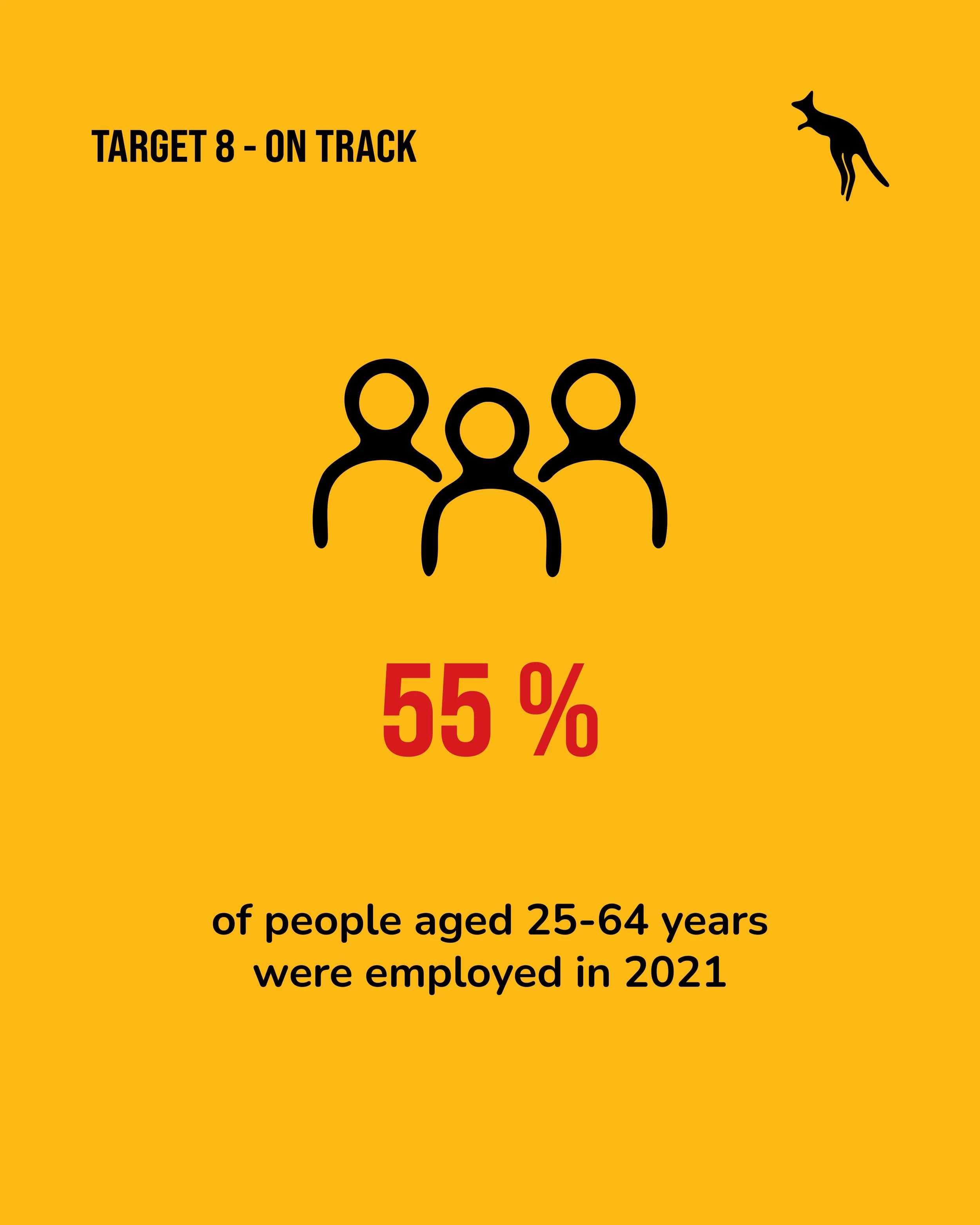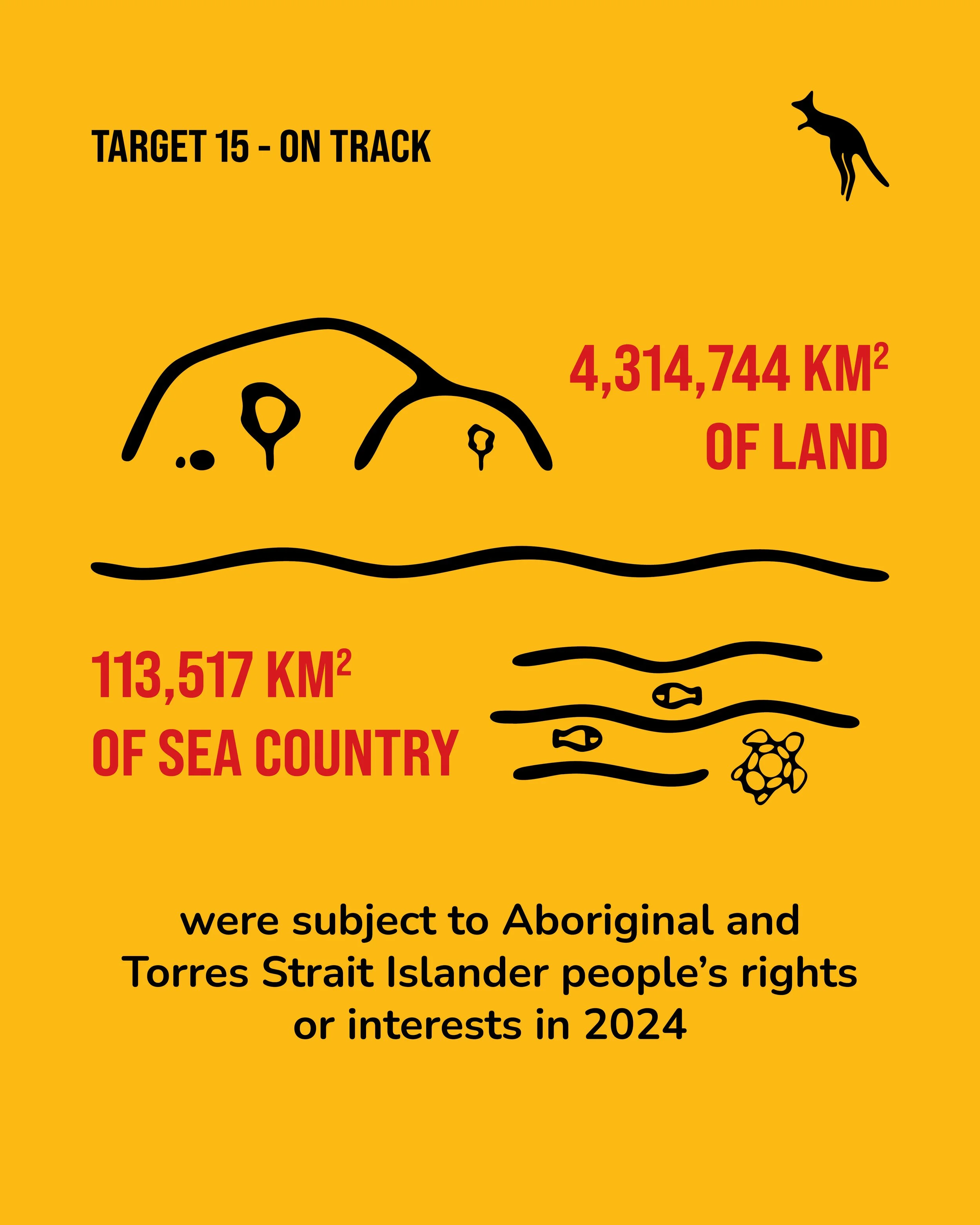We Must Support Community-Driven Solutions If We Want to Close the Gap
Written by KLC CEO Tyronne Garstone.
Despite years of government promises, only three of the 19 Closing the Gap targets are on track. That should be a wake-up call.
But what’s even more telling is this: Two of those three targets — target 8 (strong economic participation and development) and target 15 (increased legal rights and interests in land and waters), are on track because of Indigenous organisations.
Although there seems to be a political push to scrutinise land councils, for decades, the Kimberley Land Council (KLC) has fought for and achieved land rights and cultural strength, as well as creating pathways for economic independence.
Through native title, Indigenous Protected Areas, and ranger programs, we are delivering real change—building economic opportunities, strengthening culture and creating jobs on Country, for Country.
In the Kimberley, the KLC has secured native title rights over 98% of the region and we continue to support Traditional Owners to protect and strengthen those rights. We are one of the largest employers in the region, with a permanent workforce that is over 51% Aboriginal. Indigenous rangers in the Kimberley are world leaders in Traditional Owner-led land and sea management and play a critical role in mitigating climate change through fire management, conservation and ecological restoration.
The failed Voice referendum made it clear that Australia is still resistant to listening to Aboriginal voices. But the success of Indigenous-led initiatives proves we don’t need permission to make progress—we already have the solutions. What we need are the resources to implement them.
Today we acknowledge all Indigenous organisation who continue to strive to close the gap, because this proves what we’ve always known: when Aboriginal people lead, we get results.
If governments are serious about Closing the Gap, they must move beyond rhetoric and commit to long-term investment in Indigenous-led solutions. That means funding native title organisations, expanding ranger programs and supporting our participation in economic development that aligns with our values.
Beyond investment, the government must engage in real and genuine partnerships with Aboriginal people.Meaningful reform cannot happen without modernising outdated legislation to ensure legal frameworks actually support progress rather than hinder it. Too often, rigid policies and outdated laws stand in the way of self-determined development. If we want to see lasting change, Aboriginal leadership must be embedded in decision-making at every level.
We are ready to lead. The question is—will Australia finally back us?



